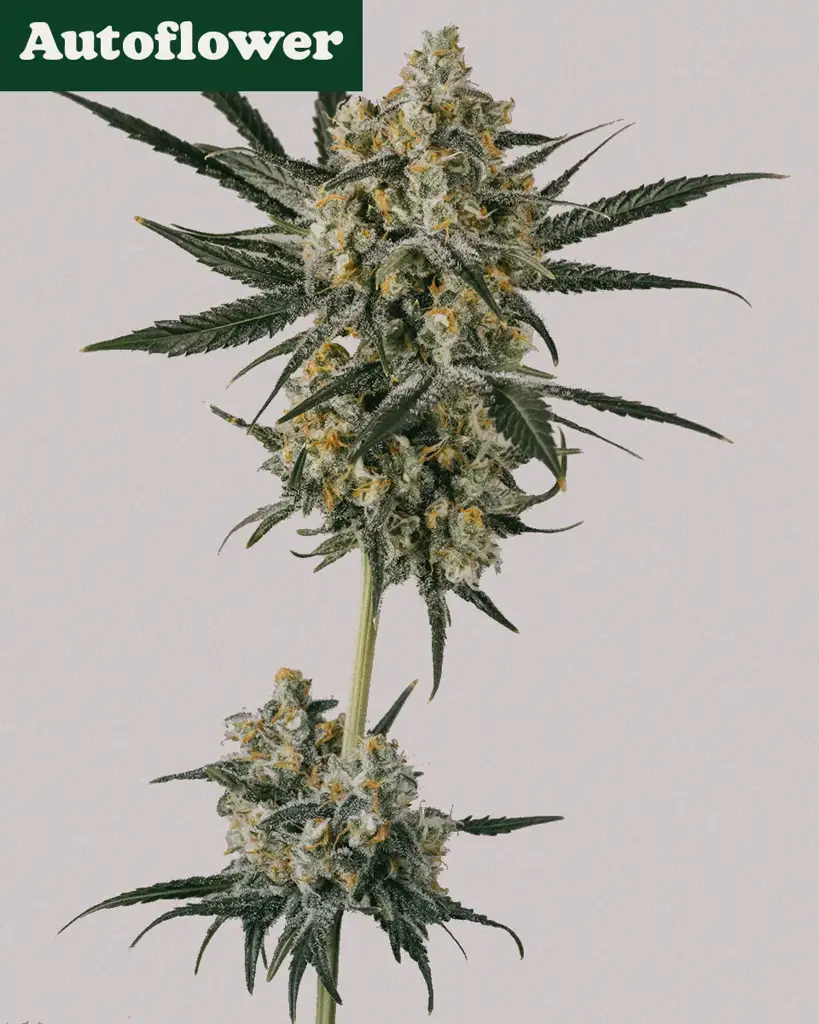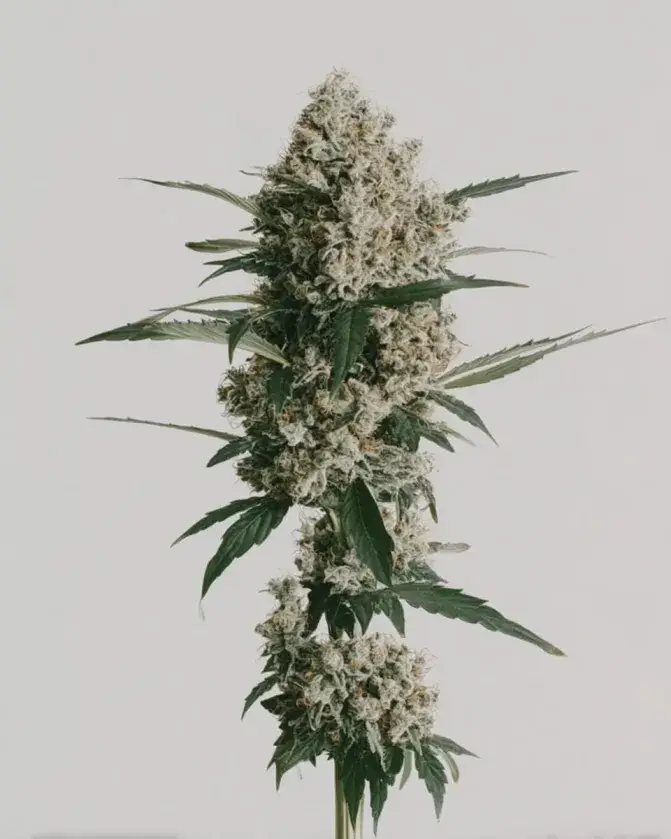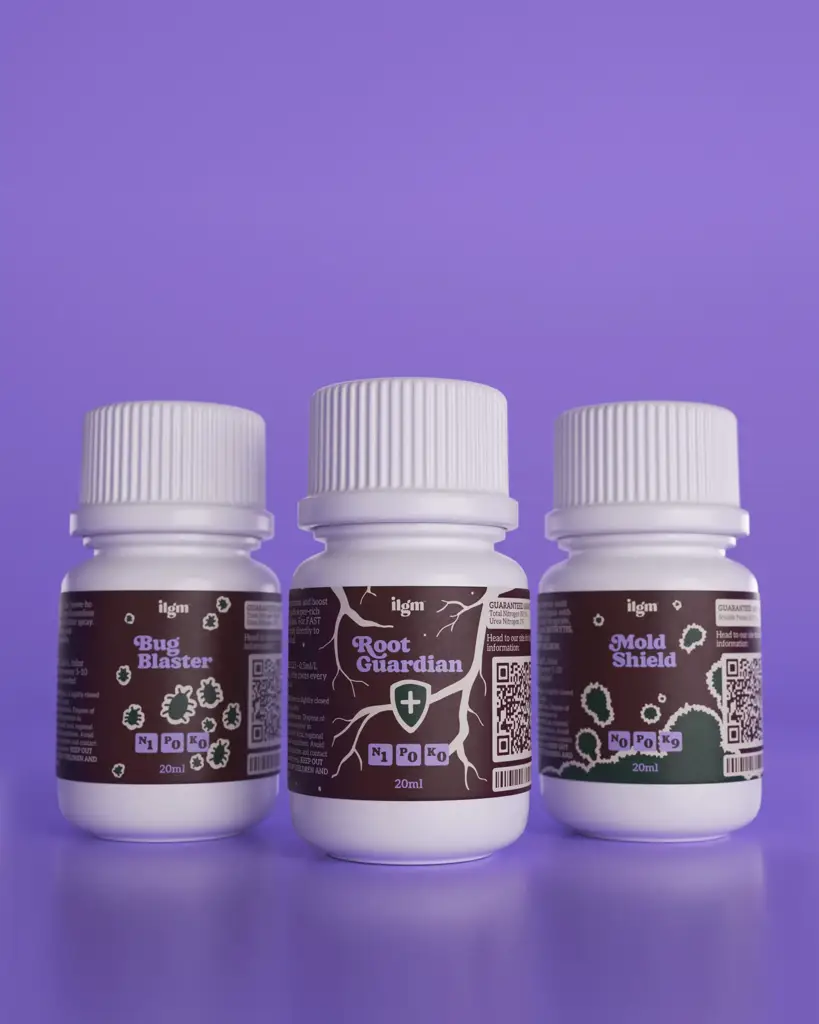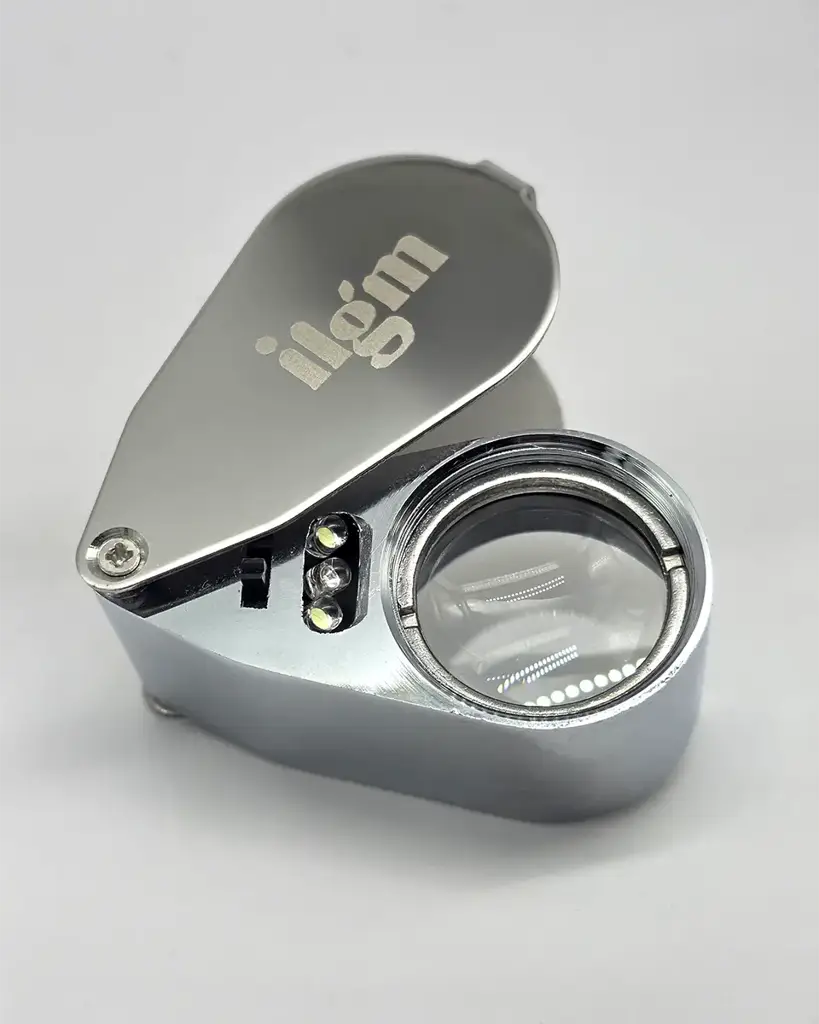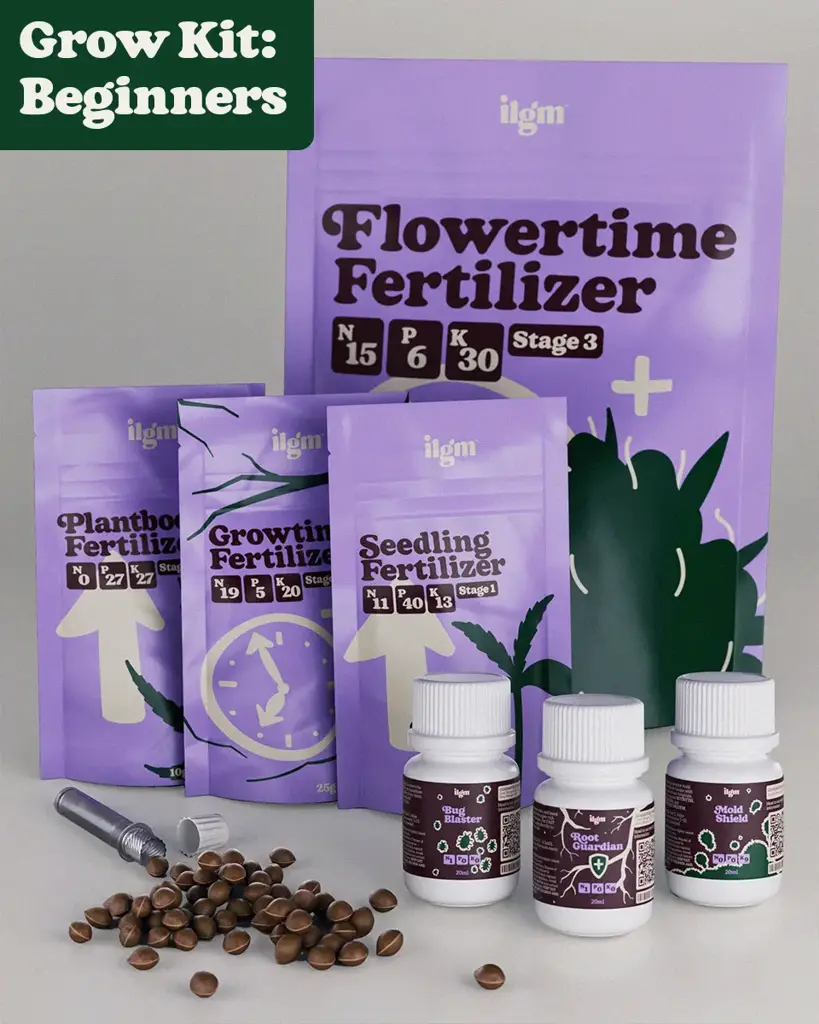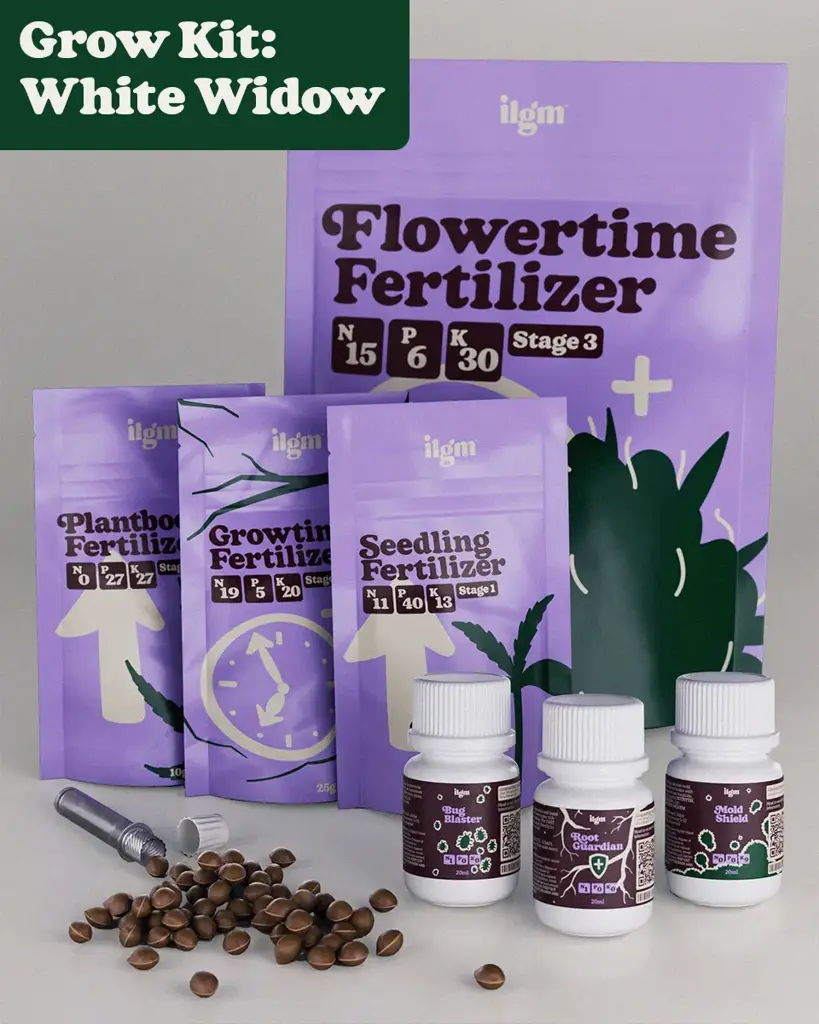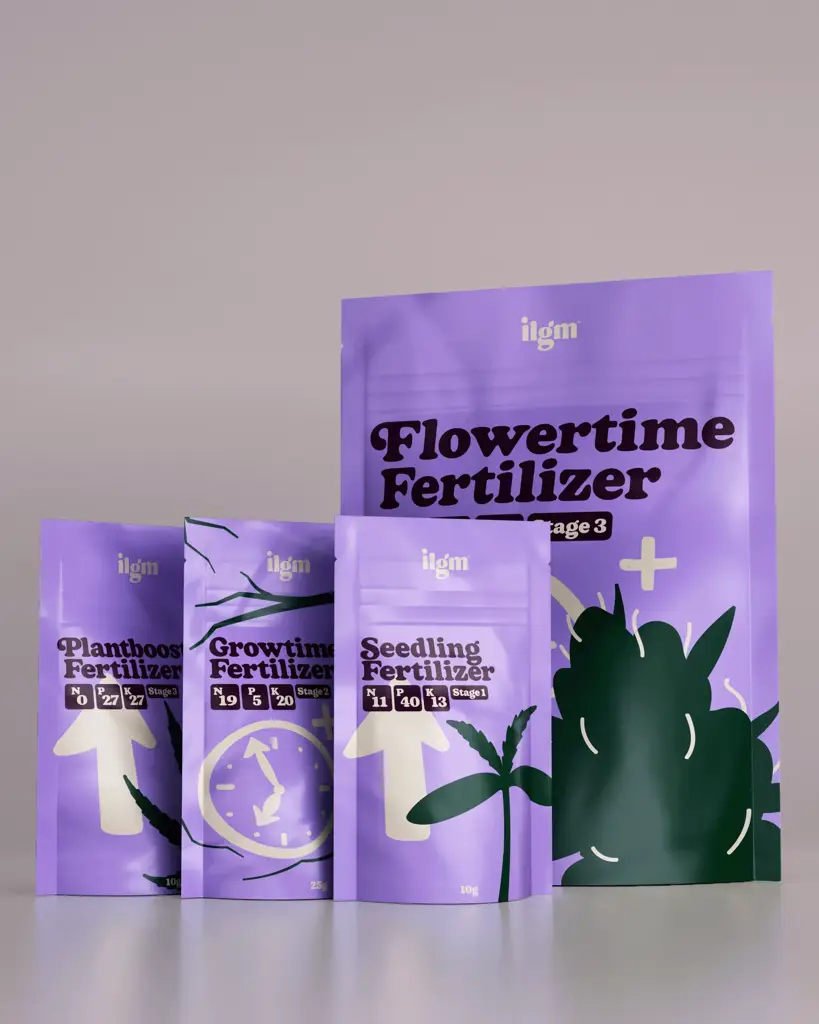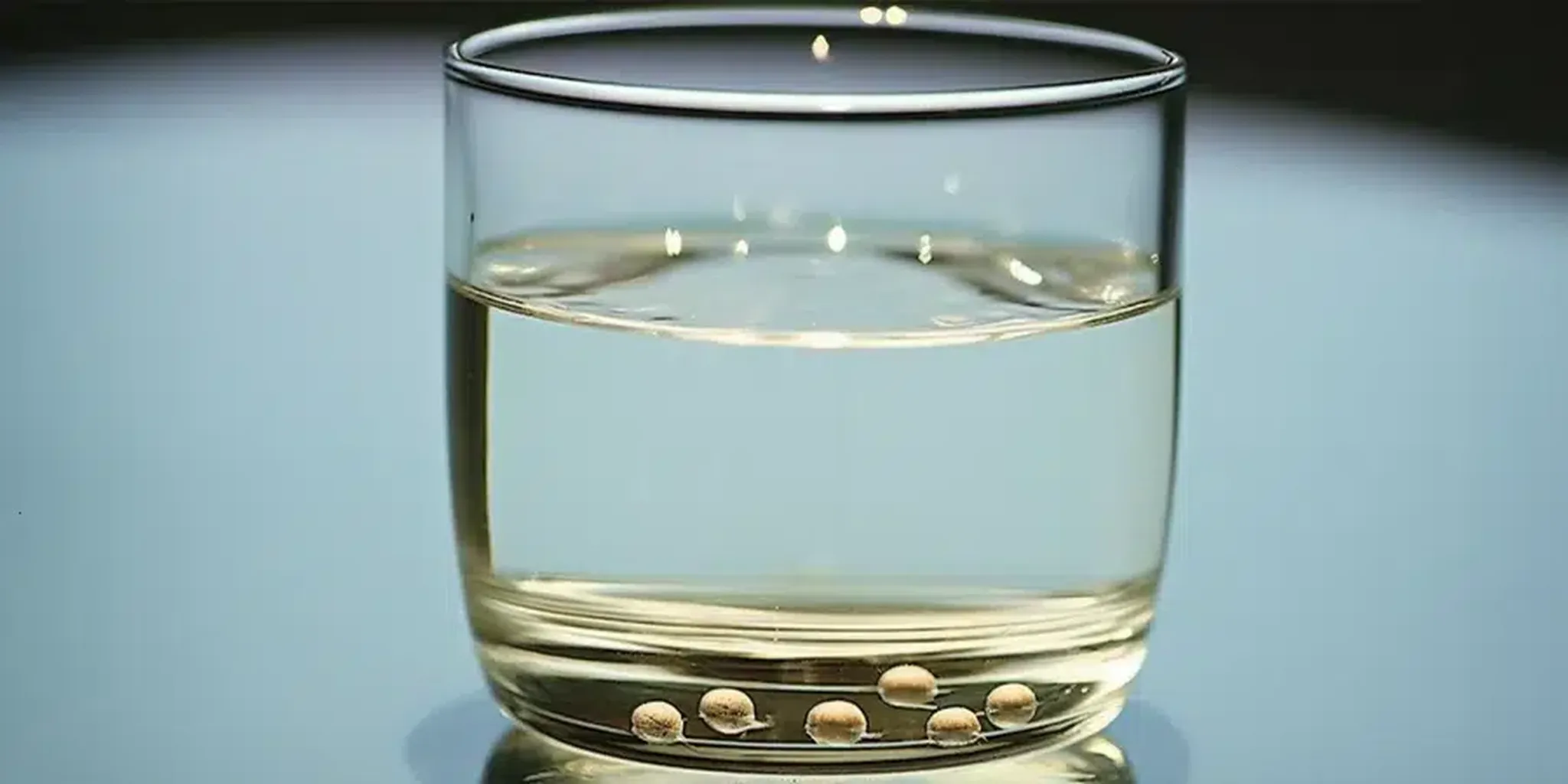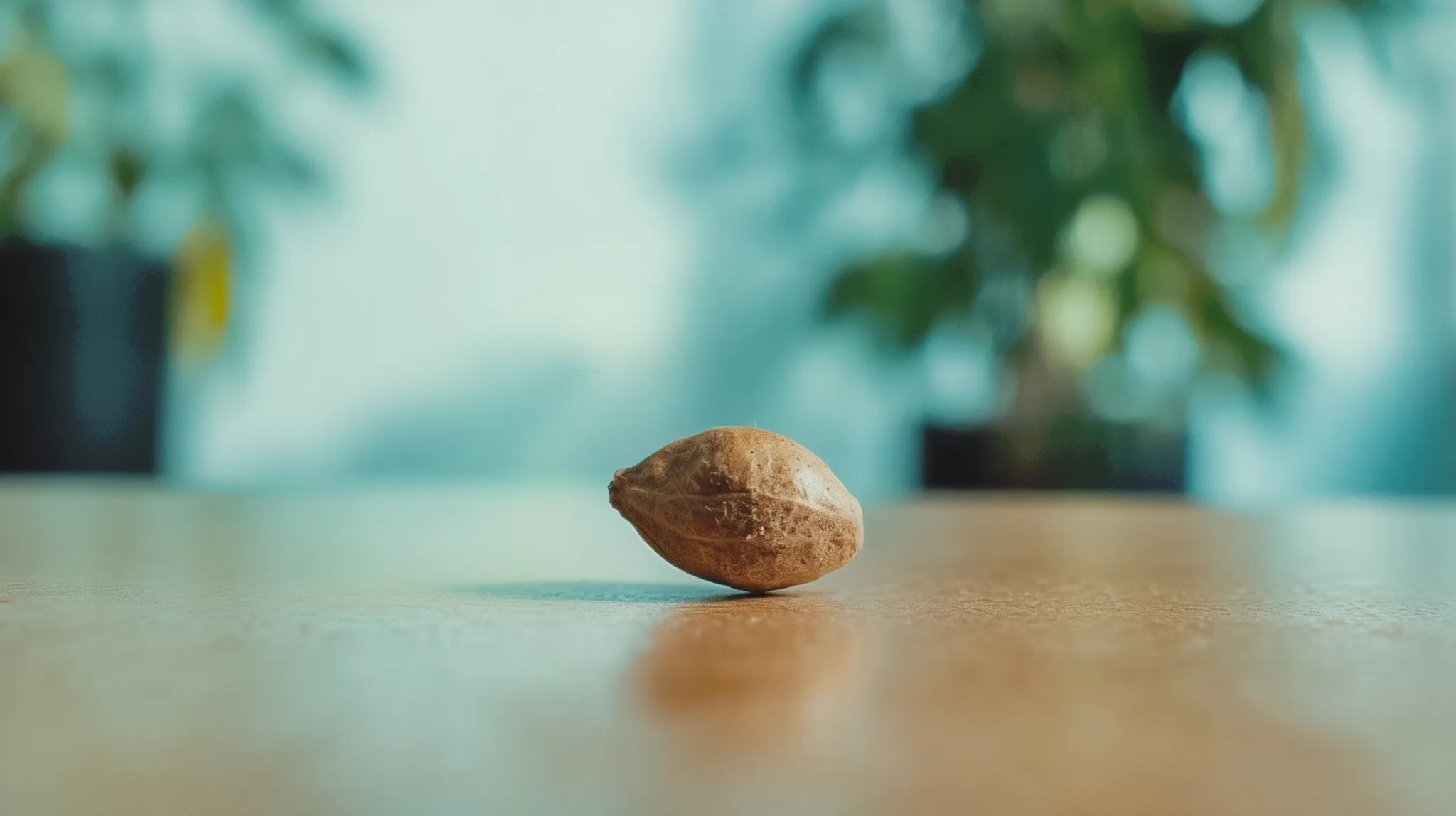
What to Do When Cannabis Seeds Won’t Germinate
So you’ve got your seeds, done your research, and followed all the steps—but for some reason, those cannabis seeds won't germinate. Frustrating, right?
Table of contents
Germinating cannabis seeds can seem straightforward, and most of the time, it is, but sometimes you’re dealing with a batch that just won’t cooperate. Don’t worry—I’ve got some tips to help you crack those stubborn seeds.
Cannabis seeds usually have a germination rate of around 80-90%, depending on the method you use and the quality of your seeds. If you’re using fresh seeds and following the standard approach, you’re likely to see success. But if you find that your cannabis seeds are not germinating, here are some steps you can take to improve your chances.
How Long Does it Take for Cannabis Seeds to Germinate?

Our Bestsellers
Most of the time, you’ll see a seed sprout within two days of starting the germination process. Sometimes, it can take a little longer—up to a week or even a week and a half. Factors like how the seeds were stored, their quality, and their genetics all play a role in how quickly they germinate.

Do cannabis seeds need darkness to germinate?
Cannabis seeds don't strictly need darkness to germinate, but it sure helps. When you think about nature, seeds usually fall into the soil or get covered up, which naturally gives them a dark, moist place to start sprouting. So, providing darkness when germinating cannabis seeds mimics those natural conditions that encourage them to crack open and send out that first little root (also called the radicle).
Darkness is like a bonus—it helps create the ideal environment, but it’s not the only factor. I recommend putting your seeds between damp paper towels, placing them in a warm spot, and covering them or putting them in a drawer to keep the light out. This will give them the best chance to pop.
Why Won’t Your Cannabis Seeds Germinate?
Genetics
Genetics plays a big role in whether your cannabis seeds will germinate or not. Some strains are just more finicky than others. It’s like playing the lottery—sometimes you hit the jackpot, and other times you don’t. Random genetics can lead to issues like seeds that are not germinating, hermaphroditic plants, or other traits you’re not looking for. That’s why it’s always a good idea to buy from trusted seed providers, like ILGM, to increase your chances of success.
Old Seeds
Have you ever tried to grow those old seeds you kept for years and they just didn't want to germinate? Well, as seeds age, the nutrients inside them start to slowly break down. Over time, the seed may reach a point where it just doesn’t have the energy to sprout. That’s why fresh cannabis seeds tend to germinate better than those old ones you kept in a baggy for the last 4 years. If your seeds are older, they might struggle to get going even if you’re doing everything right.
Watering Issues
Water is key to germination, but too much or too little can cause problems. You want to keep the area moist but not soaking wet. Too much water can drown your seeds by cutting off their oxygen supply, while too little can leave them dormant. Using filtered water and a spray bottle to keep the moisture level just right is your best bet.
Should I Soak Cannabis Seeds Before Germination?Soaking cannabis seeds before germination isn’t absolutely required, but I’d recommend it for sure. Here’s why: soaking your seeds in water helps to soften up that hard outer shell and kickstarts the germination process. It’s like giving the seeds a signal that it’s time to wake up and get growing.Usually, soaking them for about 12 to 24 hours is perfect. If you see some seeds sink to the bottom of the glass, don't panic—this means it's absorbed some water and is ready to pop. Don’t leave them in there for too long, though—more than 24 hours, and you run the risk of drowning them. After soaking, you can move them to a moist paper towel or your chosen germination medium.
Nutrients
When you think about growing cannabis, nutrients are usually at the front of your mind. But when it comes to germination, it's best to hold off on adding anything. For this part of the process, nature has it under control. Seedlings are delicate, and introducing nutrients too early can burn them. All they need for now is filtered water.
Temperature Problems
The ideal temperature for germinating cannabis seeds is around 71-76°F (22-25°C). If it’s too cold, the germination process slows down, and if it’s too hot, your seeds might not survive the stress. Keep the temperature steady and in the right range for the best results.
Planting Depth
It might seem simple, but planting depth can be a make-or-break factor. If you plant the seed too deep, it might not have the strength to push through the soil. You want them to be covered but not so deep that it has to fight to reach the surface. Stick to a depth of about half an inch to an inch (1-4 cm) to give your seed the best shot at sprouting.
How to Germinate Stubborn Seeds
If your seeds are particularly stubborn, don’t give up just yet. There are still a few techniques you can try to get them going.
Stratification and Scarification

Stratification involves exposing seeds to cold temperatures to break their dormancy. You can do this by keeping your seeds in the fridge (around 35-40°F or 1.66-4.44°C) for 4-12 weeks.
Scarification, on the other hand, involves nicking or scratching the seed’s tough outer shell to help water penetrate. You can use a knife or sandpaper for this, but remember, you don't want to damage the seed, but instead give it a light scraping. Both these methods can help wake up dormant seeds.
Fulvic Acid
Fulvic acid is a natural compound that helps plants absorb nutrients. Soaking your seeds in fulvic acid can improve germination rates and promote healthier root growth. In fact, some studies show that it can increase germination by as much as 13% and root length by 32%.
Hydrogen Peroxide
Hydrogen peroxide is another option for stubborn seeds. Soaking them in a solution of hydrogen peroxide (1 oz of 3% food-grade hydrogen peroxide to 1 pint of water) can help break down the seed’s outer shell, making it easier for oxygen to get in. Let the seeds soak for 2-24 hours for best results, however, I'd recommend using gloves when handling hydrogen peroxide as it can burn your skin.
Mycorrhizae
While mycorrhizal fungi, found naturally in most soil mixes, may not directly help with germination, they can speed up the process and support healthy root development. This can lead to faster-growing seedlings once they sprout in said soil.
When to Give Up on Your Seeds

If you’ve tried all these methods and it’s been over two weeks without any sign of life, it might be time to move on. This doesn't mean giving up on growing; it just means that you may need to get better seeds. Not all seeds are viable, and some just won’t make it despite your best efforts. If you’re sourcing seeds from a reputable supplier, though, the chances of this happening are lower.

Final Thoughts on Stubborn Seeds
Dealing with seeds that just won’t germinate can be a frustrating and testing exercise, but don’t give up hope. With the right methods and a bit of patience, you can still turn things around and come out smiling in the end. Your first step to success is to always start with quality seeds (ILGM has got you covered).
Follow that up with proper germination practices, and if your seeds are still being stubborn, then apply the techniques mentioned here. Hopefully, that will encourage them to sprout and get this grow party started.
Good luck and happy growing!

Roach
Roach, a 20+ year cannabis enthusiast, activist & storyteller, blends humor, art & expertise—crafting words, strains & macabre masterpieces.
Continue Reading
You might also find these interesting.


